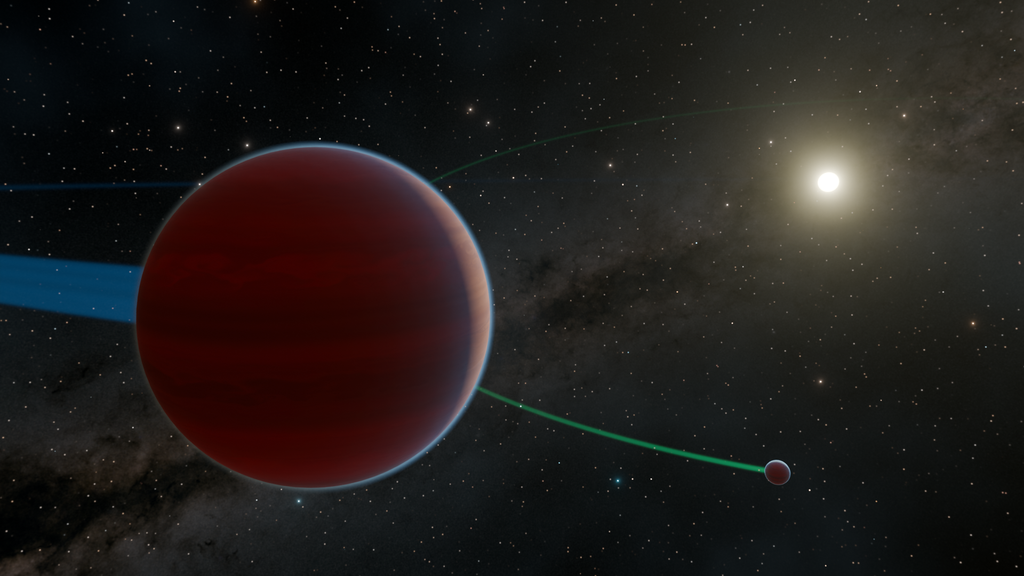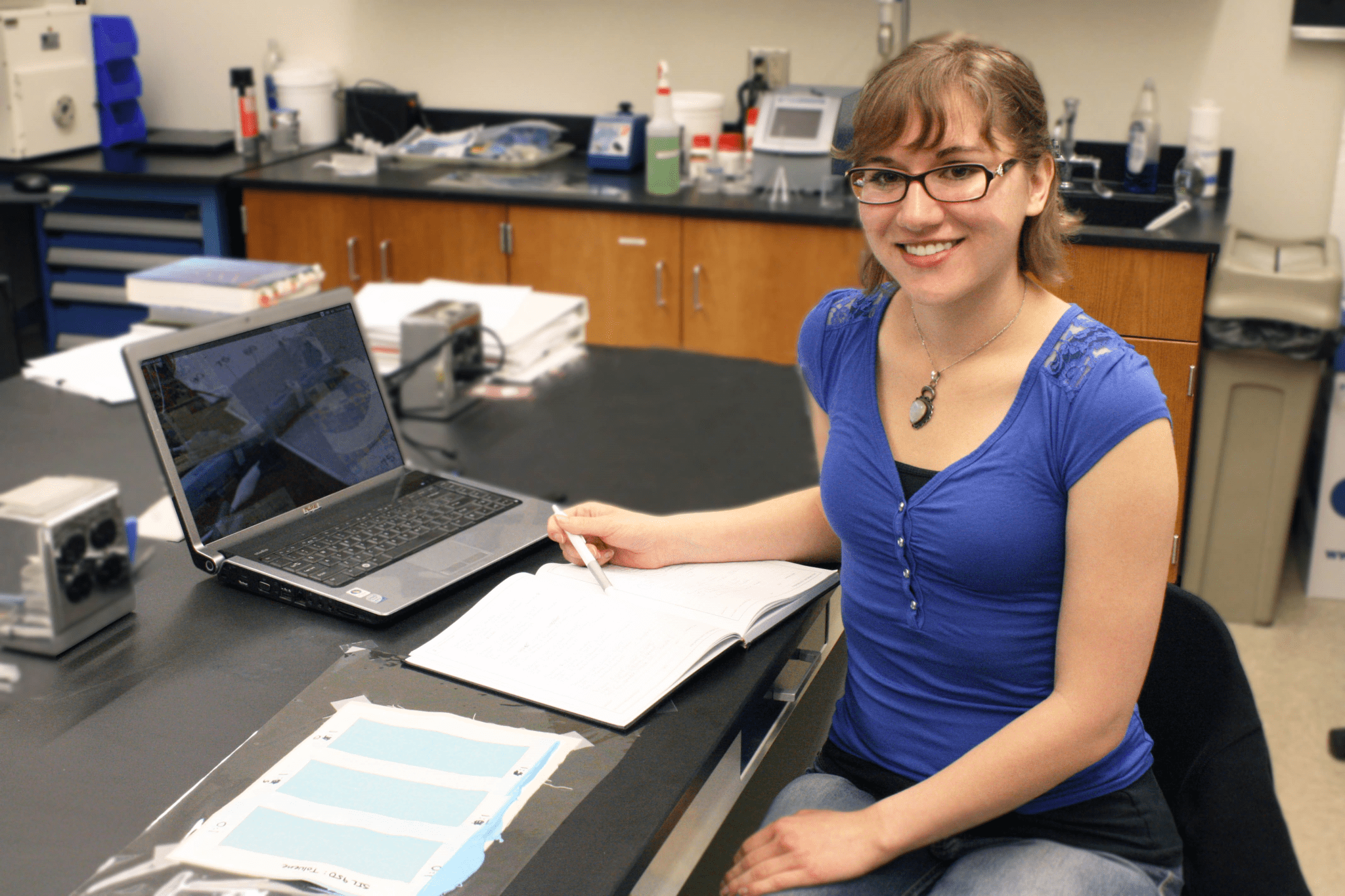Jennifer Case
Purdue University
Soft systems have potential for space exploration. These systems are composed entirely of soft materials, which make them lightweight, easily deformable, and highly robust. This type of system can change the way we explore space; because these systems are highly deformable, they can be expanded or inflated on the extraterrestrial body to create much larger robots than are currently used and therefore will be able to overcome much larger obstacles. Currently, there are no generally applicable closed-loop controls being used on soft robotic systems. I propose a method for controlling a soft robotic skin based on robust system identification. I will accomplish this by characterizing and building analytical and finite element models for the sensors and actuators used in the robotic skin. These models will be tested against experimental data in a variety of ways to ensure their robustness. The models will be reduced to operate in real-time with control loops. A number of control loops will be generated and tested against environmental models to find the optimal control algorithm. This control algorithm will be tested on a physical system and will have to accomplish maneuverability tasks on terrain fields. This type of robotic system offers a new way to explore space while reducing the cost of getting the robot to a given extraterrestrial body.
























